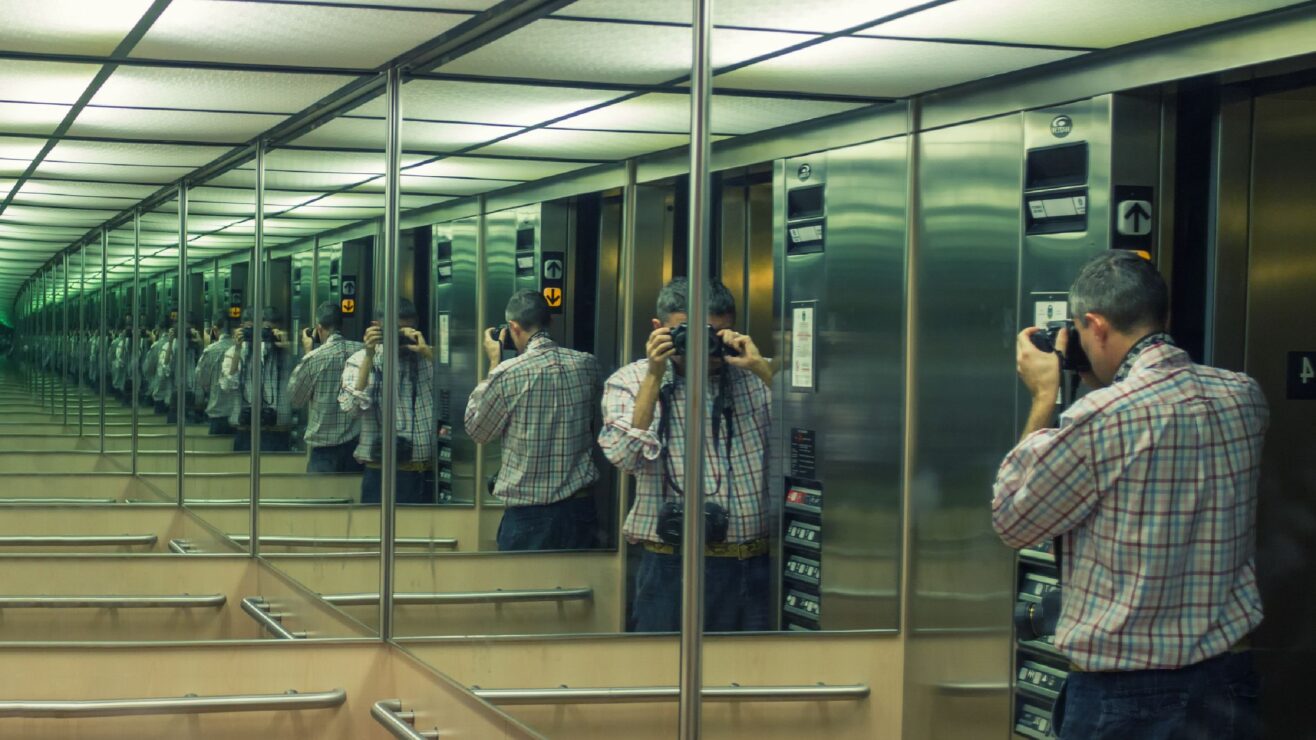Since the Covid-19 crisis hit, we have seen numerous examples of policy being created and negotiated in the public sphere.
This has also been some of the most turbulent times in higher education policy in living memory – the sector is being asked to respond seemingly in real-time to a crisis for which we have almost no understanding, considering both short term problems of how we finish the academic year and medium term problems of what the sector will look like when most courses hope to reopen for business in September 2020.
Admissions decision making
Those of us working in admissions (as well as our colleagues) will hopefully have a sense that we understand our admissions policies and apply fairly and accurately – that we say what we will do and then do it when the opportunity arises.
To anybody exhibiting too much confidence in this however, it’s worth read a paper by Burke & McManus which found interviewers to a selective fashion degree setting policies around selection that were not part of official policy but rather based on cultural “preferences”:
Interviewer 1: Why should we say we’re rejecting her?
Interviewer 2: Well she’s all hip-hop and sport tops.
Interviewer 1: We’ll say that her portfolio was weak.
This quote came from an observed conversation between two selectors who had reacted poorly to an applicant presenting with interests they felt were not aligned with their own cultural expectations and who, as a result, made decisions in such a way as to privilege types of culture that were not a part of the “official” selection policies.
This is something that has been well explored within other disciplines. In 1980, Michael Lipsky published work on his study of street level bureaucrats in the United States, suggesting that the levels of discretion given to them in how they did their jobs could have the effect of significantly modifying policy from its original intentions.
Bureaucracies, as Lipsky suggested, were typically understood as administrative systems in which the service-user has limited access to decision makers, instead dealing only with heavily regulated and rule-based operators. But yet, Lipsky found that such bureaucrats in fact had considerable opportunity to adjust their behaviors within the rules, with the opportunity for bias to have significant effects on how they chose to work and who they chose to help.
This is an important point to consider when reviewing our own policies. It isn’t enough to have documented policies around fairness, openness and equality, or to state our commitment to the Schwarz Principles, if the way in which admissions is carried out in practice introduces new and different policies that cancel them out.
Anybody involved in the selection of students has access to this discretion – the discretion to take some applicants at face value or to deeply investigate others, discretion to place barriers before an applicant inspired by hip-hop but accept the applicant wearing Calvin Klein. It’s important that as practitioners we remain constantly aware of this potential and do all we can to mitigate it.
The wider admissions sector
To give another example – for at least the past seven years, the policy of the UK higher education sector has been that an institution can ignore entry qualifications and base offers around incentives to recruit students.
The freedom for an institution to decide who to admit and on what basis was mentioned in law (HERA 2017) and UCAS’ business rules and principles have also been careful not to put any restrictions in place to restrict unconditional offers (other than reminding institutions to consider the implications of such offers).
This sector policy – that prior academic achievement doesn’t matter if we don’t want it to – came into existence not through legislation or active decision, but through the collective actions of institutions and the absence of any government (or UCAS) policy which could prevent it.
Up until a few weeks ago the education secretary had the ball in our court, suggesting that we change “unconditional offer policy” ourselves, or have it changed by the government. But now OfS is out consulting on a far reaching bit of regulation that means we will almost certainly have aspects of admissions policy done to us rather than by us.
So what now?
There are few things that we truly know about the next student intake. Will it happen in September or later? In person or online? Will anybody still want to cross borders to study in the UK?
One thing that we do know already is that our applicants and students are facing a time of enormous stress and difficulty, and that students who were already applying to higher education from a position of disadvantage will likely see that disadvantage amplified by the events that are unfolding as we speak.
The 2020 admissions calendar is also well underway already, with the majority of UG applications received by UCAS by January and most decisions typically made by March 31st. It’s important that whatever happens over the coming weeks, we don’t create separate admissions policies for those who apply pre- and post- Covid (to the detriment of either group).
We might consider more radical changes – one concern around PQA was the effect and viability of making the significant changes to the academic and examinations calendar that it would require, changes which may feel less significant as disruption becomes more of a certainty. But it would take considerable bravery to pick up this policy and (its associated baggage) in the midst of a global crisis.
Working together
Probably the most important thing we can do right now is to collaborate as institutions, particularly within our local areas. Now is the time for strategic leaders, admissions, recruitment and WP colleagues to begin thinking about how we as a sector can better serve our local communities together, communities whose lives have been put on hold and who may find themselves having to completely reevaluate all of their plans this year.
Now is certainly the time to think about what to do if demand for places drops significantly in September. If selective courses start forecasting to underrecruit in 2020 then maybe some of this demand can be absorbed by a greater focus on helping previously excluded WP students gain access to these programmes and a new way of thinking about how these courses recruit and select students.
Whatever we do and however we proceed from here, our collective actions will become policy, whether we act on that knowledge or not. We have, for a very limited period of time, the opportunity to create policies of competition or collaboration; we can work alone for the benefit of ourselves or together for the benefit of our communities. If we choose to work in isolation, working toward our own goals and ambitions, then we will need to accept whatever policies emerge as a result.














what help is there for students with disabilities. once again they are left with no support.
i have spent 3 days trying to navigate webpages
left pohone messages no one gets back to me
if there is help them its certainly not clear where we/ i can acess it.
college and school additinal needs support closed what are students meant to do ?
no clear help for this disadvantagede group in education once again.